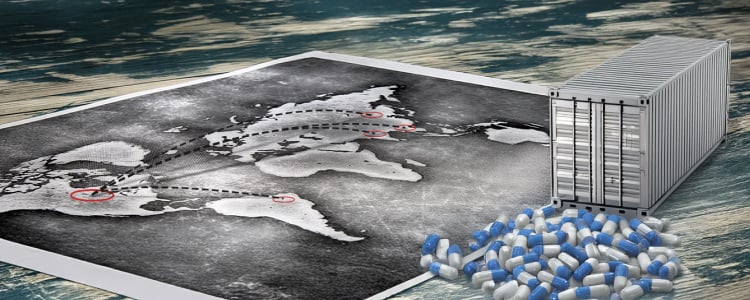Are two-piece hard capsules from China, India, Brazil and Vietnam being “dumped” into the U.S. market at unreasonably low prices? A new investigation by the U.S. government, prompted by a petition filed by a domestic capsule producer, aims to answer this question. If the answer is yes, watch for antidumping duties and, possibly, countervailing duties, to be imposed in 2025.
What constitutes “dumping”?
To answer this question, let’s look at the circumstances in which antidumping duties, a type of import tax, can be imposed under U.S. law. Antidumping duties can be imposed if the price at which an imported product is sold in the U.S. is less than its “fair normal value” price.
The goal of antidumping duties is to prevent low-priced foreign goods from damaging the local market.
What are “normal value” prices?
This depends on if the product is produced in a market economy or a non-market economy.
- For market economies, the “normal value” is defined as either the price in the home market, or the actual cost plus a reasonable profit for the producer.
- For non-market economies, the “normal value” is a constructed cost plus a level of profit deemed reasonable. This is based on surrogate values in a market economy that is considered to be at a comparable level of economic development as the economy in which the product was produced.
In the case of this particular investigation, Brazil and India are considered to be market economies, while China and Vietnam are not.
What are “countervailing” duties?
Countervailing duties are another type of import tax. In this case, the duties are meant to offset subsidies that have been given to producers in the exporting country by their government. Because these subsidies can lead to very low prices, this is another way of preventing low-priced foreign goods from damaging the local market.
Will these duties be imposed on imported capsules?
This depends on the results of the investigation. If the U.S. Department of Commerce (DOC) and the U.S. International Trade Commission (ITC) determine that capsule imports from a particular country are being dumped and/or subsidized, and if they also determine that the domestic capsule industry in the U.S. is materially injured or threatened by this, then duties will be imposed.
As the ITC states on its website, unfair foreign pricing and government subsidies distort the free flow of goods and adversely affect American business in the global marketplace. Counteracting this is seen as an important way to protect the domestic market.
How soon would importers have to pay the duties?
If preliminary determinations are affirmative, U.S. importers will be required to post cash deposits to cover the potential duties for subject merchandise that enters the country on or after the date that the preliminary determinations are published in the Federal Register. Depending on the circumstances, these cash deposits can also be collected retroactively for imports that entered the country in the 90 days prior to this publication date.
The final investigation, which is more rigorous than the preliminary investigation, can result in the determination being reversed or affirmed, and the duty amount being affirmed or adjusted.
Stay tuned! CapsCandad will keep you posted as the situation develop.














